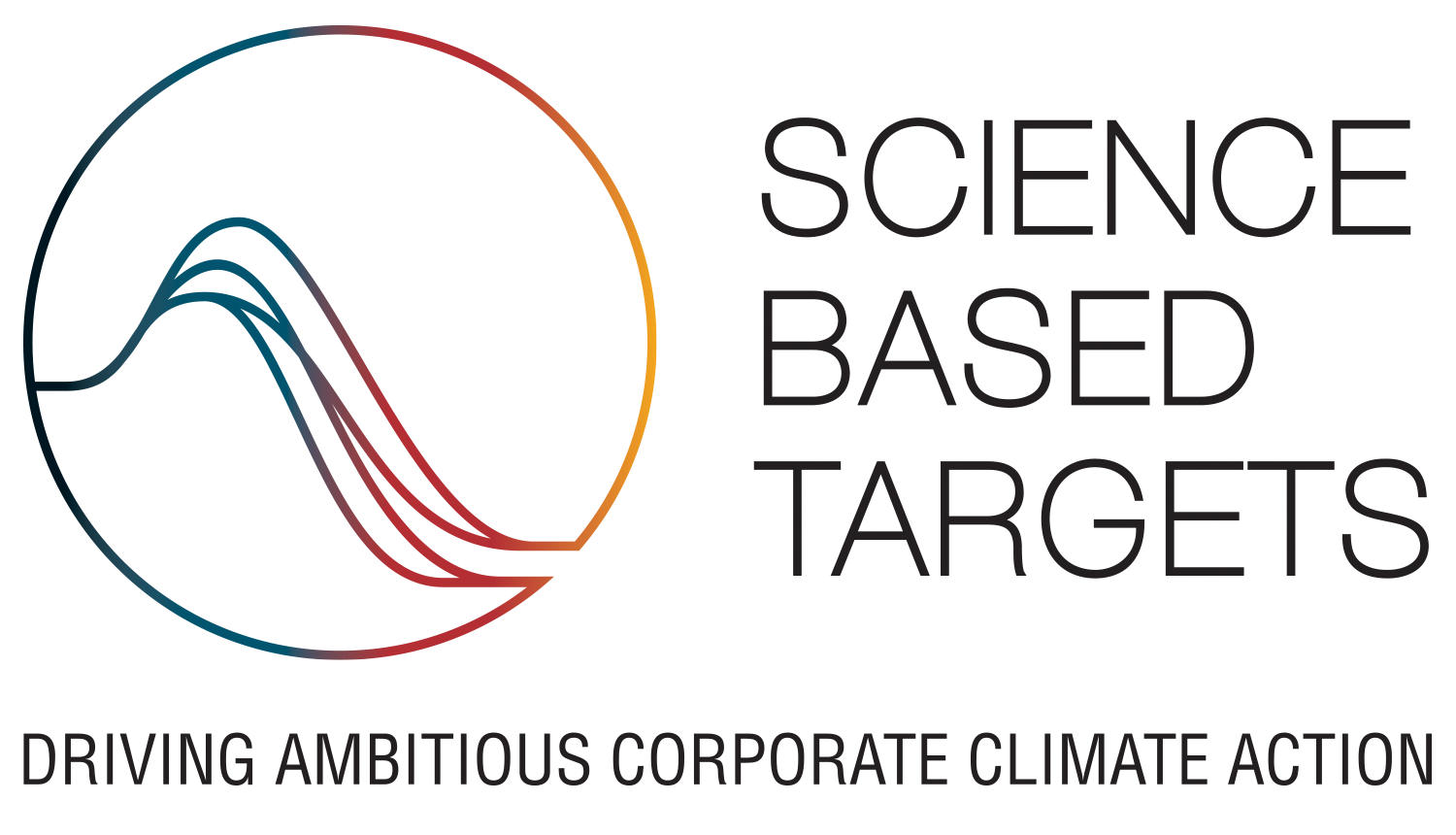
SBTi validates three firms’ climate targets
Submitted by:
Andrew Warmington
The Science Based Target initiative (SBTi), a collaboration between the United Nations Global Compact, World Resources Institute, the Climate Disclosure Project and the World Wide Fund for Nature (WWF) to drive corporate climate action, has validated the latest greenhouse gas reduction (GHG) targets of three chemical companies as both science-based and aligned with the UN Paris Agreement to limit the global temperature rise to no more than 1.5ºC this century.
DSM set its first target in 2016 of reducing Scope 1 and 2 GH emissions by 2030 and achieved this in 2019. The company updated to 50% in 2021 and again to 59% in August 2033, following continuous assessment of plans to achieve net-zero by 2050 if not sooner. As part of this ambition, DSM is already aiming to source 100% of its electricity worldwide from renewable sources by 2030.
Danish enzyme specialist Novozymes now aims to reduce absolute CO2 emissions from operations and from its supply chain by 75% and 35% respectively by 2030 from a 2018 base year and to source all of its electricity from renewable sources by 2025, up from 37% in 2018. Where possible, added CEO Ester Baiget, it will seek to “give back parts of our excess industrial heat to our local communities”. In the longer term,
Novozymes is committing to reduce absolute Scope 1, 2 and 3 emissions by 90% from 2018 to 2050. This includes biogenic emissions and removals associated with the use of bioenergy. Direct emission reductions will be prioritised and all residual emissions will be neutralised, if applicable, in line with SBTi criteria before reaching net-zero.
The SBTi has also validated Umicore’s targets to reduce Scope 1 and Scope 2 GHG emissions by 50% from a 2019 baseline and its Scope 3 emissions by 42% of CO2/tonne of purchased materials. These near-term targets are embedded in its 2030 RISE growth strategy and part of its longer-term commitment to reach net zero emissions in 2035.
